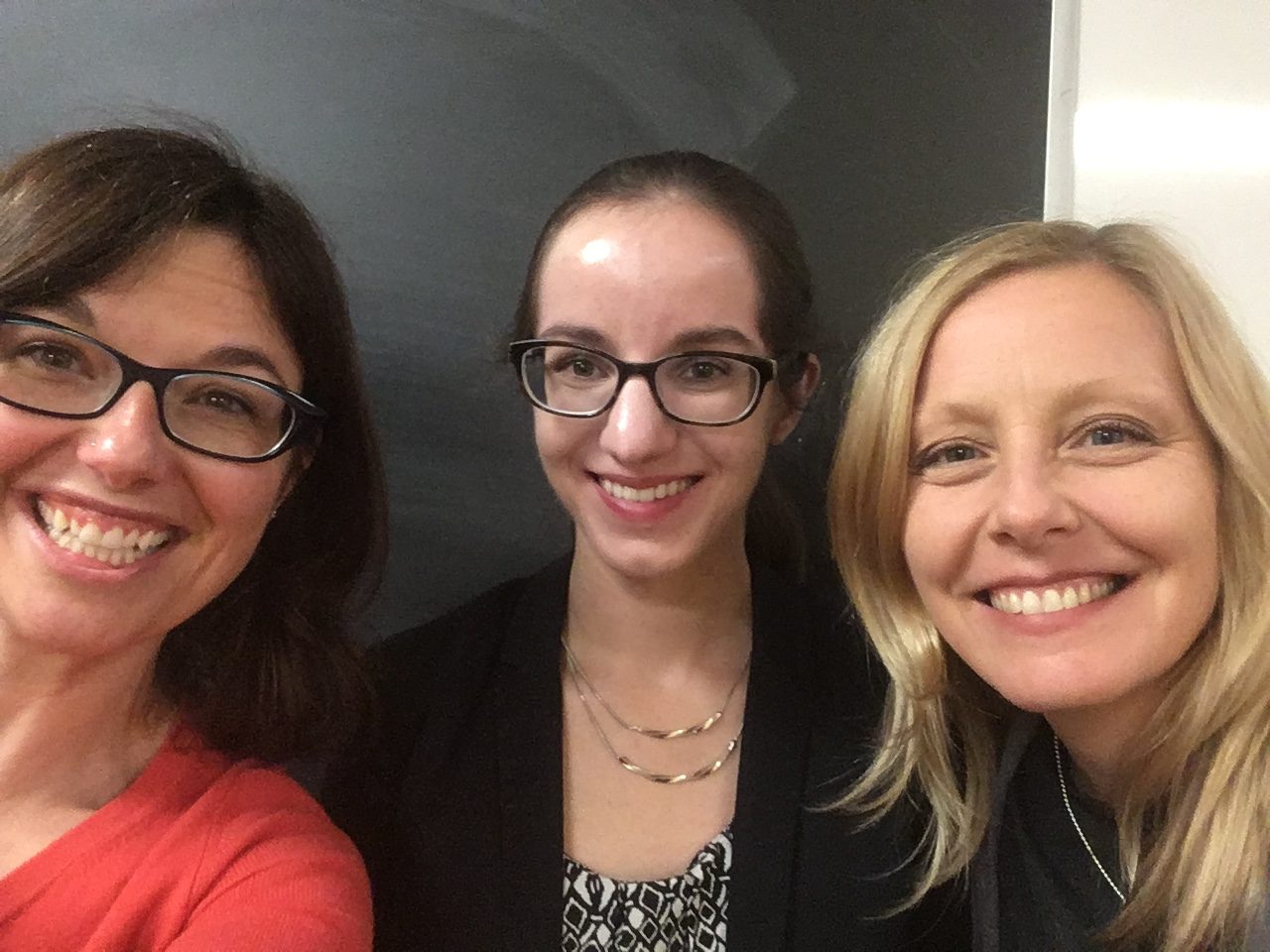Jenna Benoit (PhD candidate) has published her first, first author paper characterizing how immune responses to vaccination differ in people living with rheumatoid arthritis. We found some interesting new drug-immune interactions.
See thread here: https://bsky.app/profile/msmacrophage.bsky.social/post/3kh2uswvqtm2u
or below….
New paper alert! @jennabenoit.bsky.social and team studied COVID-19 vaccinations in people living with rheumatoid arthritis who are on immunosuppressive drugs and found some interesting, and to our knowledge, unknown effects of specific drugs 1/n
Almost all studies of vaccine immunogenicity (i.e., how strong an immune response is to a vaccine) focus on antibody responses. Measuring the amount of antibodies produced is cheap and (relatively) easy; however, in the Omicron-era these are less predictive of protection than you might think 2/n
When investigating anti-receptor binding domain (RBD) antibodies @jennabenoit.bsky.social and team found that -unsurprisingly- people living with RA and men had lower antibody responses (men have lower antibody responses to vaccination in general), and people with COVID had higher responses (i.e., that hybrid immunity you’ve heard so much about) 3/n
What caused these lower antibody responses? DMARDs (disease modifying anti-rheumatic drugs),and anti-TNF were not associated with lower antibody levels, the effect of steroids was not significant, but costimulation inhibitors reduced antibody levels 4/n
Important caveat: The effect of co-stimulation inhibitors was about the same as being a biologic male, so whether this reduction is associated with increased risk of infection or not is not something we can comment on 5/n.
We didn’t see an effect of drugs on neutralizing antibodies (i.e., antibodies that bind the virus really well and prevent it from entering us), but we did not have enough people on some of the drugs to really investigate this 6/n.
My favourite part: CD4+ and CD8+ T cell responses to vaccination are much, much harder to measure (each dot on the graph costs about $350 and 3+ hrs of time – hence the ‘team’ I keep mentioning) but we know that they are important for preventing infection.7/n
We found that people living with RA had lower CD4+ T cell responses (= ‘helper’ cells that support many aspects of the immune response to infection & vaccination), those who had had COVID were higher – more of that hybrid immunity you’ve heard about. 8/n
BUT even though we had a small number of people on JAK inhibitors, those who were on them had markedly lower CD4+ responses. The effect of co-stimulation inhibitors was not as apparent – but again low numbers of participants so hard to say. 9/n
Speculative side note: We use influenza vaccine as a control. Everyone has had exposure as kids so this measures a memory response made prior to having been vaccinated. Co-stim inhibitors don’t affect influenza but JAK inhibitors do – therefore no defect in pre-drug immune responses? 10/n
CD8+ T cell responses (‘killers’ of virus infected cells), were higher in men (previously known), and didn’t seem to be lower in most drugs, except maybe steroids. 11/n
Caveats: Our study was small and due to the fact we were measuring 1,2,3 doses, we were recruiting fast and furious and didn’t capture as many people on some of the drugs as we would have liked,so all results need to be replicated. 12/n
Clinical relevance: Some of these drugs are associated with increased risk of severe disease (see text for references) and by learning which aspects of the immune response they affect, we learn which aspects of the immune response are required for a successful vaccine. 13/n
Deepest appreciation for our research participants, the Canadian Arthritis Patient Alliance (see website for talks on this topic), the SUCCEED investigator team, our technical staff, fundign from the Public Health Agency of Canada, and you for reading to 14/n


